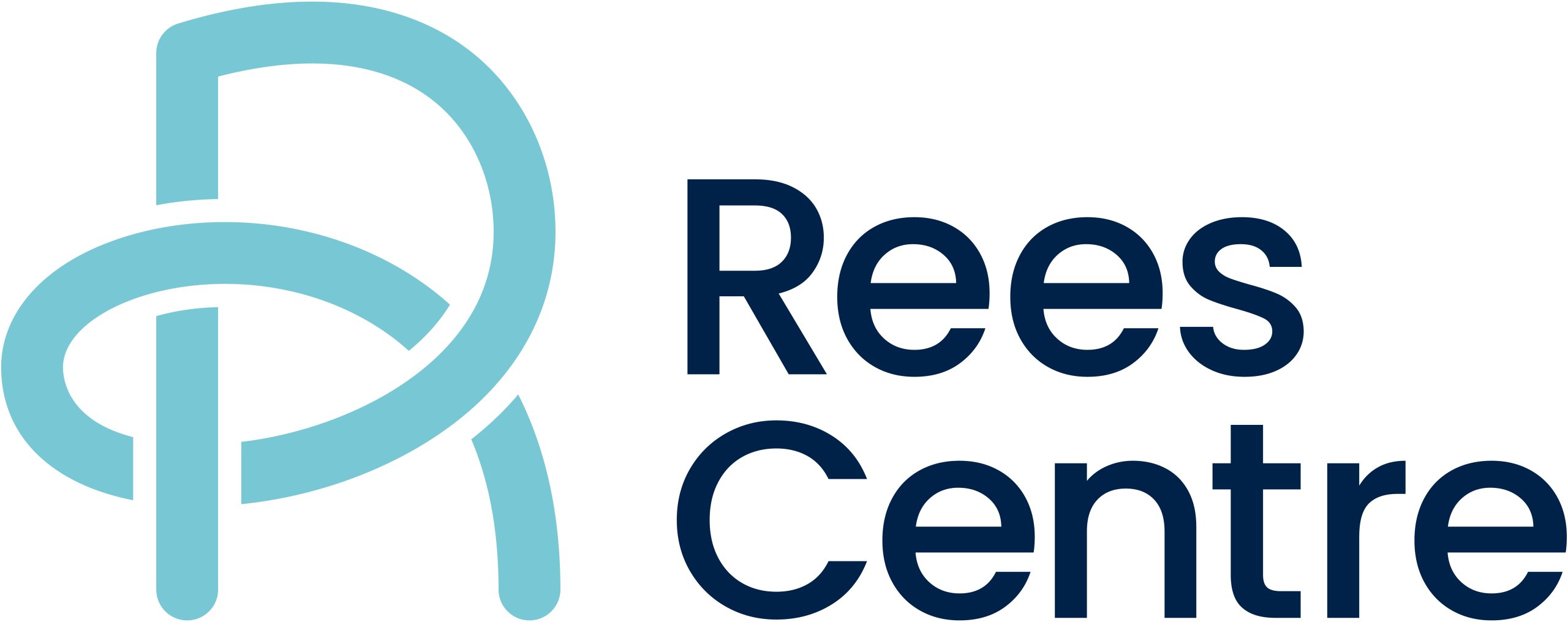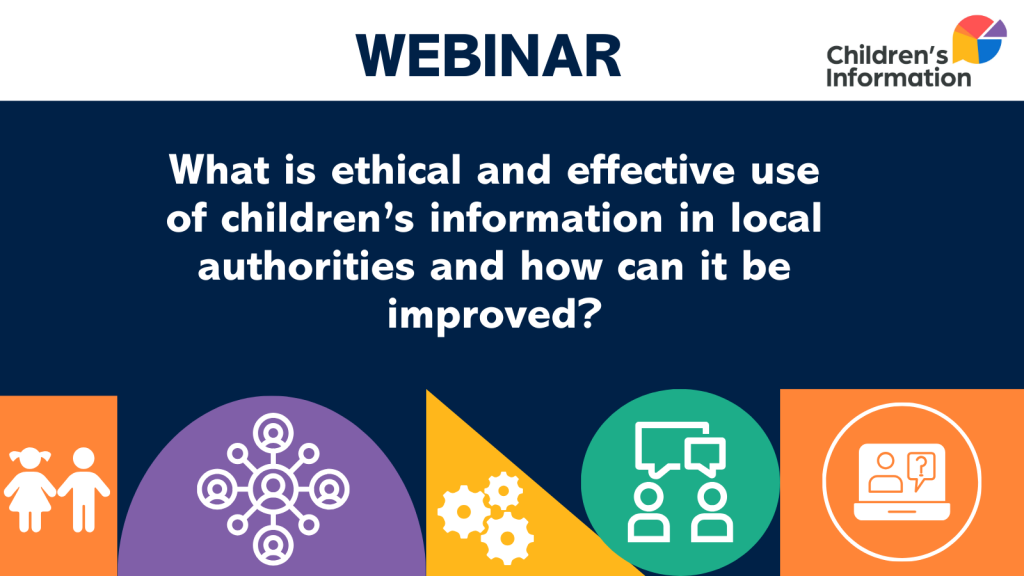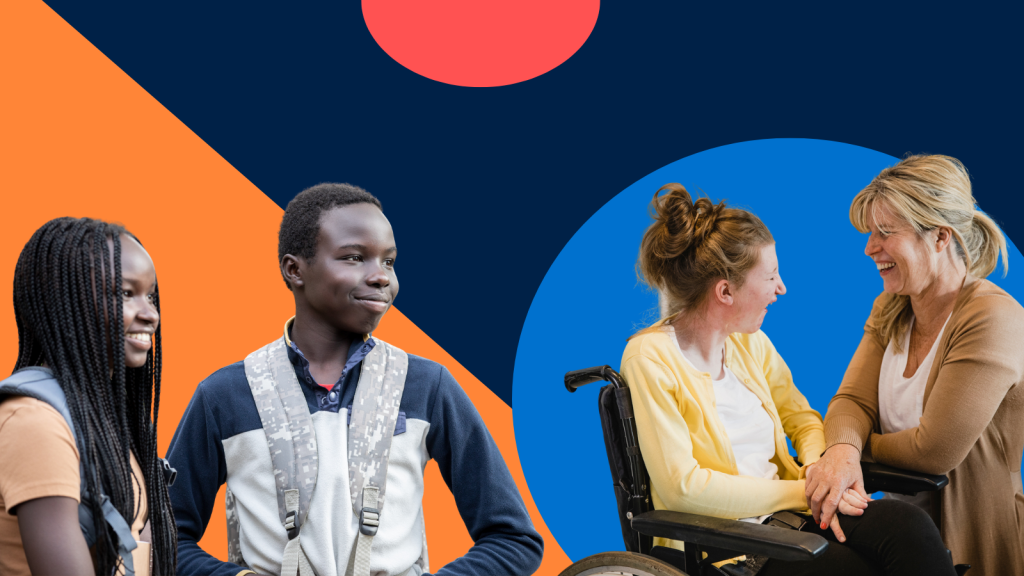The Project
A mixed methods evaluation of this programme that is designed to improve educational outcomes for fostered children in London.
London Fostering Achievement (LFA) is a consortium bringing together the Fostering Network and Achievement for All. LFA developed a programme of activity, funded through the London Schools Excellence Fund, aiming to improve educational outcomes for fostered children in London. The four main components were generic foster training focusing on education, masterclasses, direct work with schools and education champions.
- Generic Foster Carer Training: Nov 2014 – March 2015 a one-day session was completed in 33 groups by 1265 foster carers, social workers, teachers, and other professionals working with children across 29 London Boroughs.
- Masterclasses: Over 400 people attended the four half-day training sessions during the period of the evaluation to enable foster carers and others to explore one area e.g. attachment, in more depth.
- Direct work with schools: Children in care on the roll at each of 25 schools (17 secondary, six primary, one special and one pupil referral unit) across nine boroughs were the target group for raising achievement. The school received support, over one year, from a coach who helped them to undertake a needs analysis (STEEP) and provided professional development for that school.
- Education Champions: Two Education Champions, experienced foster carers often with education experience, in each of five Boroughs were employed part-time to work with foster carers on supporting educational needs by, for example, attending meetings with them, working with them and their foster child at home on reading or maths or helping them to navigate the educational system.
Twenty-nine of London’s 31 boroughs (Triborough treated as one) signed up for the programme: 19 for generic training only; four for direct work with schools, champions and training; five for direct work with schools and training; one for champions and training.
Research team: Rees Centre and Loughborough University (Centre for Child and Family Research)
Key Findings
Findings suggest that:
- The generic training was generally well received and the mix of people (e.g. foster carers, teachers, social workers) was seen as most valuable in enabling them to better understand each other’s roles. It was too basic for the more experienced attendees and its relationship to established training offered was unclear.
- Examples were identified of carers challenging the allocation of Pupil Premium Plus and engaging young people in new activities as a direct impact of the Programme.
- The impact of the direct work with schools was mixed. Positive feedback was given on the value of the needs analysis, contribution of the coach and structured meetings of foster carer, teacher and child.
- The attainment of 45 pupils showed no greater progress in reading and maths for pupils in the schools involved when compared to 652 children in care in other schools in the same boroughs. In writing however, pupils in schools involved with the direct work made more progress. Attendance and exclusion showed no significant differences between those pupils in schools involved and the others.
- The Education Champions emerged most strongly in terms of impact. They provided foster carers with information, direct support and increased confidence. Their success is attributed to their experience in both education and foster care, being seen by foster carers as ‘one of us’.










